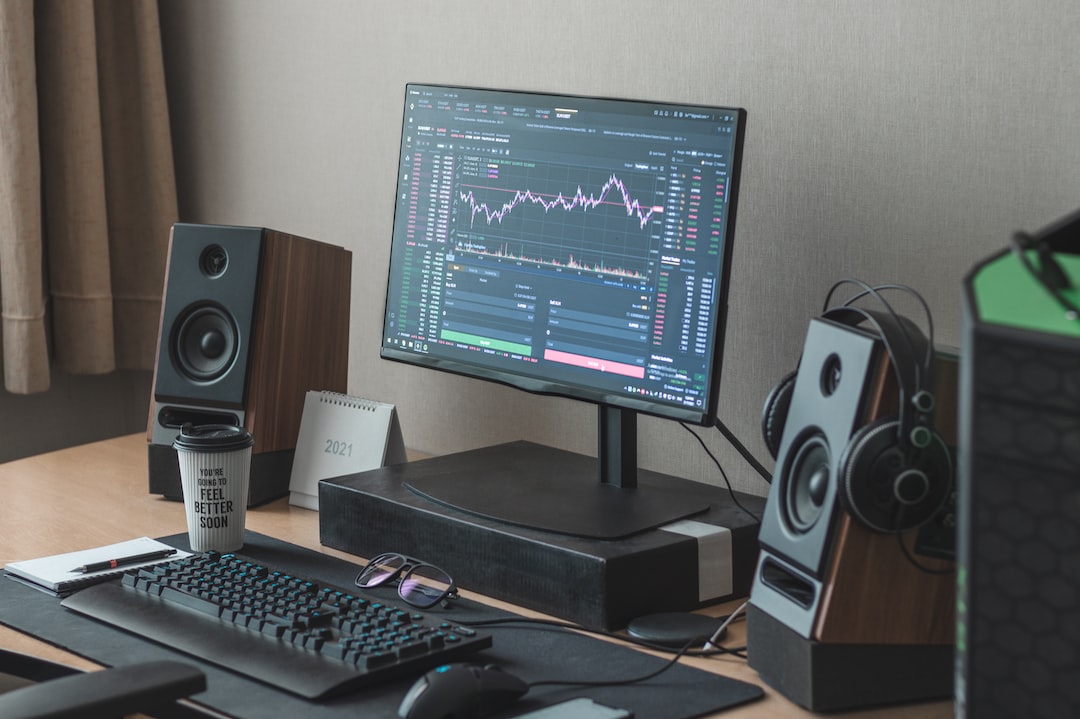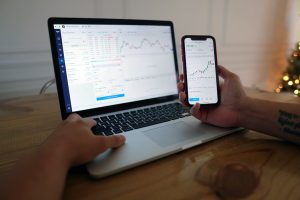Forex trading has become a popular way of making money online. However, as with any other source of income, it is important to understand the tax implications of forex trading. In this article, we will explain how to figure taxes on forex.
Forex trading is the buying and selling of foreign currencies. The forex market is the largest and most liquid financial market in the world. Forex trading is done through a broker, and traders can trade in different currencies, including major currencies such as the US dollar, euro, and Japanese yen.
Forex traders are required to pay taxes on their profits. The tax laws regarding forex trading vary from country to country. In the United States, forex traders are required to pay taxes on their profits. The tax rate for forex profits is the same as the tax rate for other sources of income. Forex traders are required to file a tax return every year.
The first step in figuring taxes on forex is to keep accurate records of all trading activities. This includes keeping track of all trades, profits, and losses. It is important to keep all receipts and documents related to forex trading.
The next step is to determine the tax rate for forex profits. The tax rate for forex profits is the same as the tax rate for other sources of income. In the United States, the tax rate for forex profits is based on the taxpayer’s income bracket. Taxpayers in the highest tax bracket pay a higher tax rate on their forex profits.
Once the tax rate is determined, the next step is to calculate the forex profits. Forex profits are calculated by subtracting the cost of the trade from the selling price of the trade. The cost of the trade includes the spread, commissions, and any other fees associated with the trade.
Forex traders can deduct expenses related to forex trading from their taxable income. This includes expenses such as internet connection fees, computer equipment, and other expenses related to forex trading. These expenses can be deducted on the tax return.
Forex traders can also use tax software to help them figure taxes on forex. Tax software can help traders keep accurate records of their trading activities and can calculate the tax owed on forex profits. Tax software can also help traders maximize their deductions and minimize their tax liability.
In conclusion, forex trading can be a lucrative source of income, but it is important to understand the tax implications of forex trading. Forex traders are required to pay taxes on their profits, and the tax rate for forex profits is the same as the tax rate for other sources of income. Forex traders should keep accurate records of their trading activities and expenses related to forex trading. Tax software can help traders figure taxes on forex and maximize their deductions.





